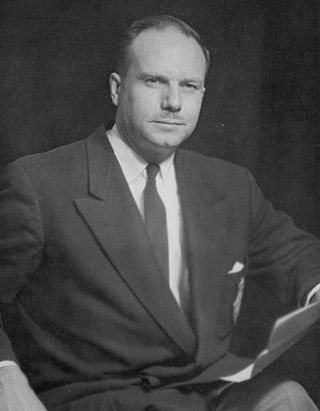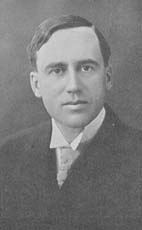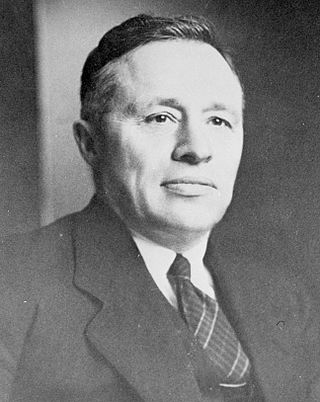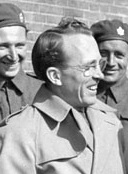Related Research Articles

The Progressive Conservative Party of Canada was a centre to centre-right federal political party in Canada that existed from 1942 to 2003.
The Progressive Party of Canada, formally the National Progressive Party, was a federal-level political party in Canada in the 1920s until 1930. It was linked with the provincial United Farmers parties in several provinces, and it spawned the Progressive Party of Saskatchewan, and the Progressive Party of Manitoba, which formed the government of that province. The Progressive Party was part of the farmers' political movement that included federal and provincial Progressive and United Farmers' parties.

The Saskatchewan Progress Party (SPP) is a liberal political party in the Canadian province of Saskatchewan. It was founded in 1905 as the Liberal Party of Saskatchewan, and retained that name until members voted to change it in 2023. Until 2009, the party was affiliated with the Liberal Party of Canada.
The Saskatchewan New Democratic Party (NDP) is a social-democratic political party in the Canadian province of Saskatchewan. The party was founded in 1932 as the Farmer-Labour Group and was known as the Saskatchewan section of the Co-operative Commonwealth Federation (CCF) from 1935 until 1967. The NDP currently forms the Official Opposition and is led by Carla Beck.
Donald Grant Devine, SOM is a Canadian politician who served as the 11th premier of Saskatchewan from 1982 to 1991. He was the last Saskatchewan premier from the Progressive Conservative Party.
The Progressive Conservative Party of Saskatchewan is a conservative political party in the Canadian province of Saskatchewan. Founded in 1905 by former Northwest Territories Premier Frederick Haultain, the party was first known as the Provincial Rights Party. In 1912, its name changed to the Conservative Party of Saskatchewan, and in 1942 it adopted its current name. Members are commonly known as Tories.
The New Reform Party of Ontario was a minor provincial political party in Ontario, Canada, that promoted a populist, fiscally conservative, socially conservative, libertarian, and localist ideology.

Francis Alvin George Hamilton, was a Canadian politician. Hamilton led the Progressive Conservative Party of Saskatchewan from 1949 until he was elected to the House of Commons of Canada in the 1957 general election. That election brought the federal Progressive Conservative Party of Canada to power under John Diefenbaker. He served as Minister of Northern Affairs and National Resources, 1957 to 1960. He promoted a new vision of northern development. He was Minister of Agriculture, 1960 to 1963, where he promoted wheat sales to China.

The 1917 Saskatchewan general election was held on June 26, 1917, to elect members of the Legislative Assembly of Saskatchewan.

The 1934 Saskatchewan general election was held on June 19, 1934, to elect members of the Legislative Assembly of Saskatchewan.

The 1948 Saskatchewan general election was held on June 24, 1948, to elect members of the Legislative Assembly of Saskatchewan.

The 1964 Saskatchewan general election was held on April 22, 1964, to elect members of the Legislative Assembly of Saskatchewan.

The 1982 Saskatchewan general election was held on April 26, 1982, to elect members of the Legislative Assembly of Saskatchewan.
The Social Credit Party of Saskatchewan was a political party in the Canadian province of Saskatchewan that promoted social credit economic theories from the mid-1930s to the mid-1970s.

Robert Forke, was a Canadian politician. He was elected as Member of Parliament for Brandon in 1921. In 1922, he replaced Thomas Crerar as leader of the Progressive Party of Canada. Forke served as a cabinet minister in the government of William Lyon Mackenzie King.

The Politics of Saskatchewan relate to the Canadian federal political system, along with the other Canadian provinces. Saskatchewan has a lieutenant-governor, who is the representative of the Crown in right of Saskatchewan; a premier—currently Scott Moe—leading the cabinet; and a unicameral legislature. As of the most recent provincial election in 2020, the province is divided into 61 electoral districts, each of which elects a representative to the Legislature, who becomes their member, or MLA. In 2020, Moe's Saskatchewan Party was elected to a majority government. Regina is the provincial capital.
The Progressive Party of Saskatchewan was a provincial section of the Progressive Party of Canada and was active from the 1920s to the mid-1930s. The Progressives were an agrarian, social democratic political movement. It was originally dedicated to political and economic reform; it also challenged economic policies that favoured the financial and industrial interests in Central Canada over agrarian interests. Like its federal counterpart it favoured free trade over protectionism.

Harris Turner was a Canadian journalist, soldier, publisher, and political figure in Saskatchewan. In 1915 he joined the Canadian military and went overseas with the Canadian Expeditionary Force. He fought in the battle at Sanctuary Wood in 1916, where he was wounded, losing his sight.
Rupert David Ramsay was a Canadian politician who served as the leader of the Progressive Conservative Party of Saskatchewan from 1944 to 1949.
References
- ↑ "1929: Seventh Provincial General Election". Elections SK. Elections Saskatchewan. Retrieved 15 January 2024.
- ↑ Kyba, Patrick (1964). "Appendix B 5". The Saskatchewan General Election of 1929 (PhD thesis). Retrieved 2024-01-15.
- ↑ Kyba, Patrick (1964). "Appendix B 3-6". The Saskatchewan General Election of 1929 (PhD thesis). Retrieved 2024-01-15.
- ↑ Kyba, Patrick (1964). "Appendix B 6". The Saskatchewan General Election of 1929 (PhD thesis). Retrieved 2024-01-15.